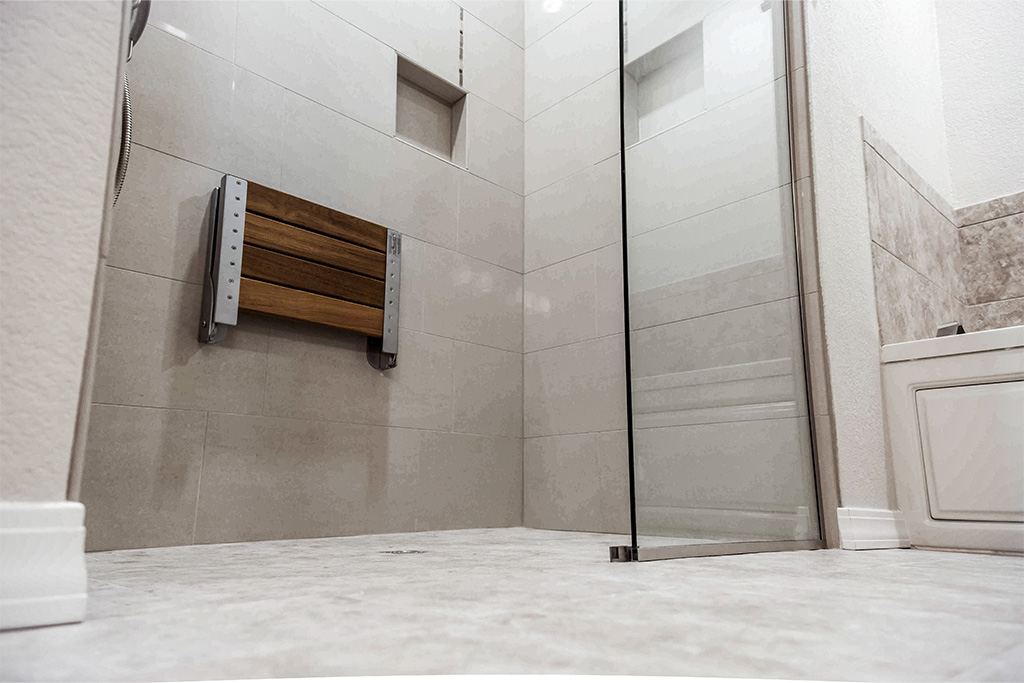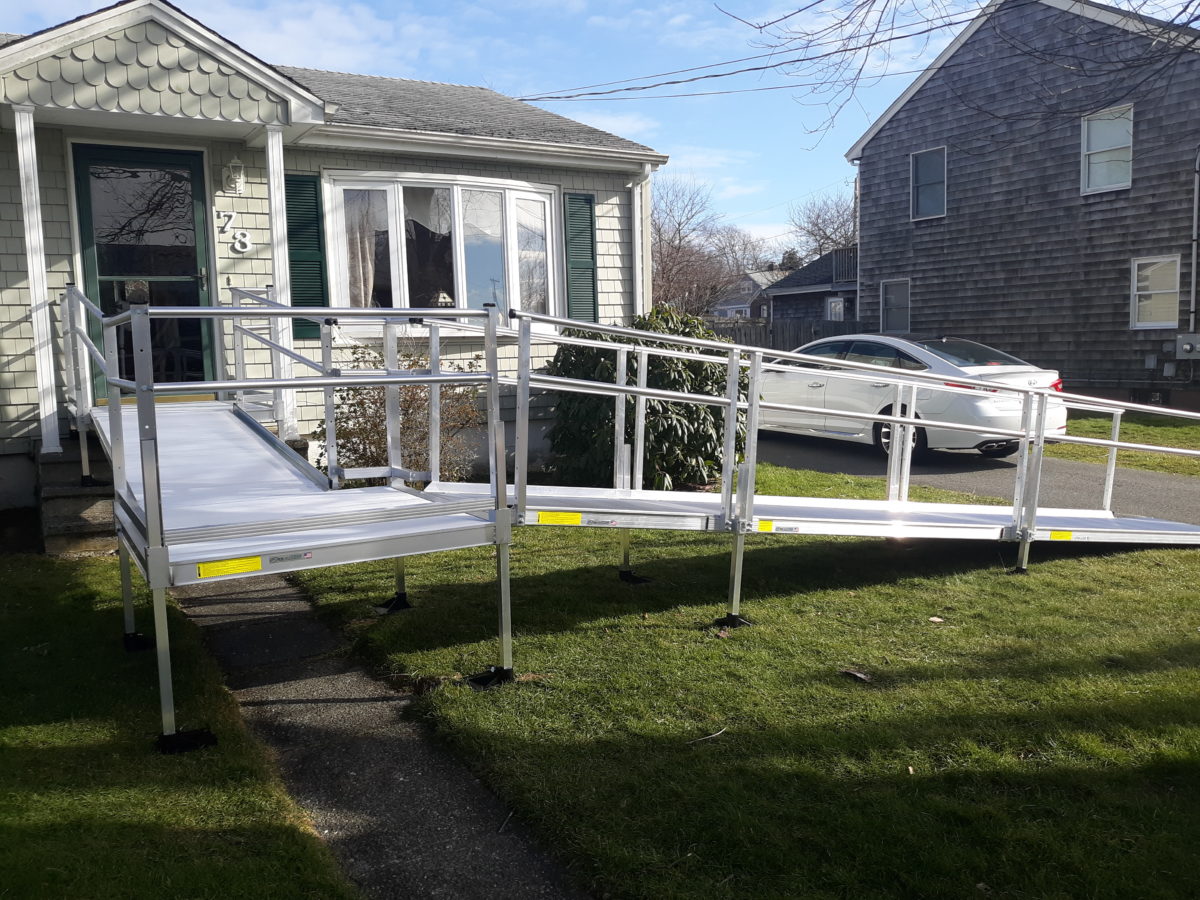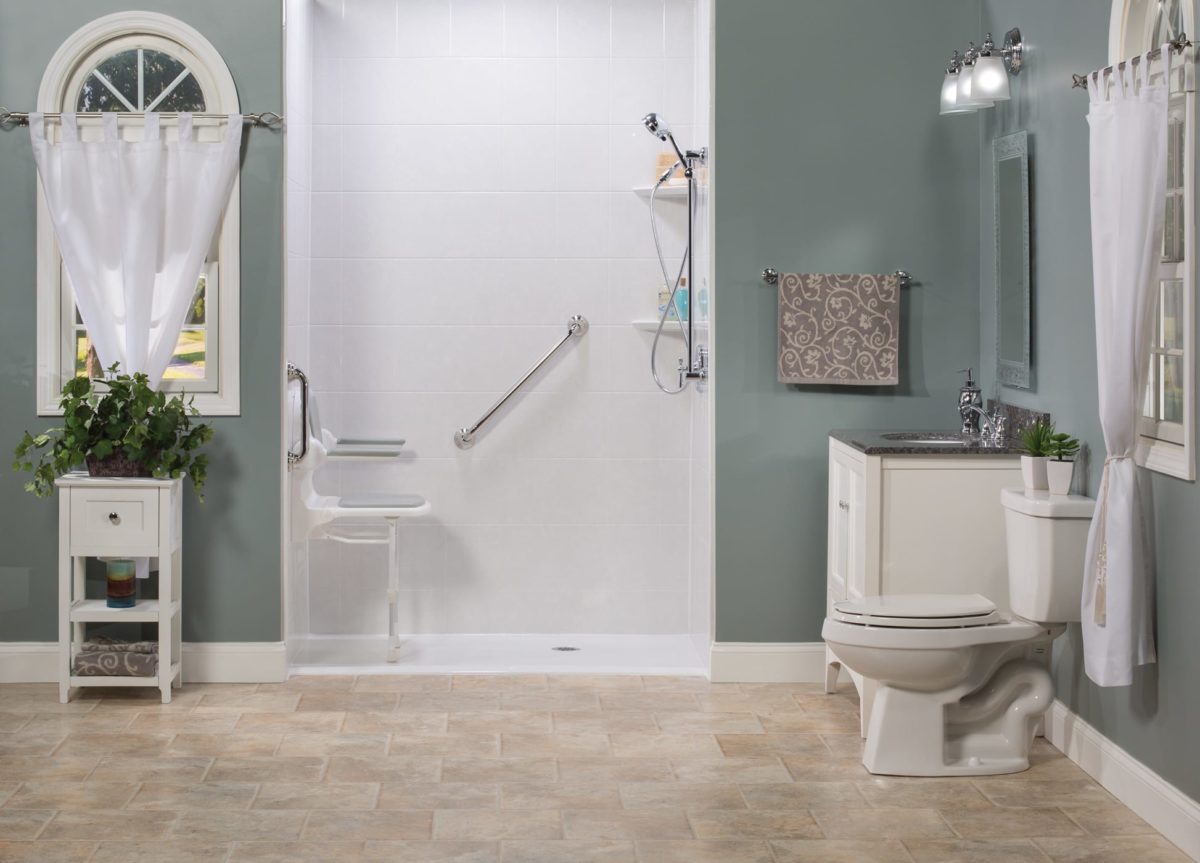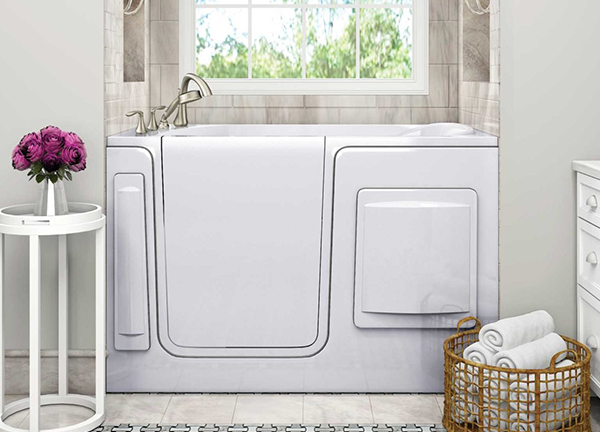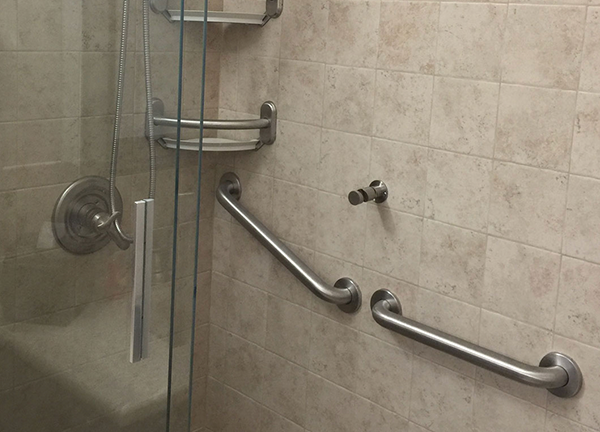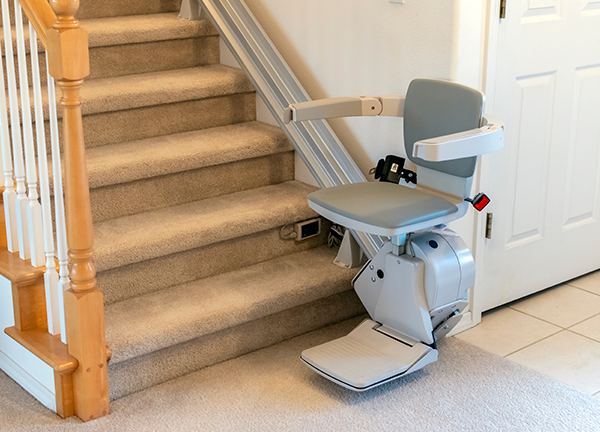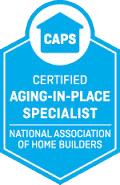The Americans with Disabilities Act (ADA), signed into law on July 26, 1990, marked a monumental shift towards equality and accessibility for people with disabilities. This groundbreaking civil rights law prohibits discrimination against individuals with disabilities in all areas of public life, including jobs, schools, transportation, and all public and private places open to the general public. Beyond public spaces, the ADA has profoundly impacted home accessibility, emphasizing the need for continued improvement in home mobility solutions.
Impact of the ADA on Home Mobility
The ADA has significantly transformed the lives of countless individuals with disabilities, particularly in their own homes. By setting standards and regulations for accessibility, the ADA ensures that people can live independently and comfortably. One of the key areas where the ADA has made a difference is in home mobility renovations.
Mobility renovations involve making structural changes to a home to accommodate the needs of individuals with disabilities. This can include installing ramps, widening doorways, and modifying bathrooms and kitchens. These changes are essential for enhancing accessibility and ensuring that everyone can move freely within their homes.
The ripple effect of these renovations extends beyond physical accessibility. Improved home mobility fosters a sense of independence, empowerment, and dignity among individuals with disabilities. It allows them to perform daily activities with ease and participate more fully in family and community life.
Celebrating the Anniversary
The 31st anniversary of the ADA is a time of reflection and celebration. Communities and organizations across the nation come together to honor this landmark legislation and its ongoing impact. Nationwide, the anniversary serves as a reminder of the progress made and the work still needed to ensure full accessibility and equality for all. It is a call to action for everyone—whether they are part of the ADA community, homeowners, or local businesses—to contribute to making their environments more inclusive.
Home Mobility Renovations
When it comes to ADA compliance, home mobility renovations play a crucial role. These renovations are designed to make homes more accessible and inclusive, ensuring that individuals with disabilities can live comfortably and independently. Some key features of home mobility renovations include:
Ramps and Stairlifts
Installing ramps and stairlifts can greatly enhance accessibility in multi-level homes. Ramps provide a smooth transition between different levels, while stairlifts enable individuals to move between floors with ease.
Widened Doorways
Widening doorways is essential for accommodating wheelchairs and other mobility aids. This simple modification can make a significant difference in the ease of movement within the home.
Bathroom Modifications
Modifying bathrooms to include grab bars, roll-in showers, and adjustable-height sinks ensures that individuals can use these facilities safely and comfortably. These changes are vital for maintaining privacy and independence.
Kitchen Adjustments
Adjusting kitchen layouts to include lower countertops, pull-out shelves, and accessible appliances makes meal preparation and other kitchen activities more manageable for individuals with disabilities.
Empowering Lives with ADA Accessibility
Local businesses play a pivotal role in making home accessibility a reality for the ADA community. Home Mobility Pros is dedicated to providing expert consultation, design, and installation services for ADA-compliant renovations. Our expertise ensures that each renovation meets the specific needs of the individual while adhering to ADA standards.
By partnering with Home Mobility Pros, homeowners can receive personalized solutions that enhance accessibility and improve the quality of life for individuals with disabilities. We believe in raising awareness about the importance of accessibility and supporting the ADA community through various initiatives and programs.
At Home Mobility Pros, we are not just service providers; we are advocates for change. We work tirelessly to create environments where everyone can thrive, breaking down barriers and promoting inclusivity.
Looking to the Future
As we celebrate the 31st anniversary of the ADA, it is essential to look ahead and consider the future of home accessibility. Advancements in technology and design are continuously pushing the boundaries of what is possible, offering new and innovative solutions to improve the lives of individuals with disabilities.
Smart Home Technology
The integration of smart home technology is revolutionizing home accessibility. Voice-activated systems, automated lighting, and smart appliances are making it easier for individuals to control their environment and perform daily tasks.
Universal Design
Universal design principles focus on creating spaces that are accessible to everyone, regardless of age or ability. This approach goes beyond ADA requirements, ensuring that all individuals can enjoy the same level of comfort and usability.
Innovative Materials
The use of innovative materials in construction and renovation is enhancing durability and functionality. For example, non-slip flooring and easy-to-clean surfaces are becoming standard features in accessible homes.
Celebrating the ADA: Transforming Lives Through Home Mobility Renovations
The Americans with Disabilities Act has been a source of hope and progress for individuals with disabilities, promoting equality and accessibility in all aspects of life. Home mobility renovations, guided by ADA standards, have transformed countless lives, enabling individuals to live independently and with dignity.
As we celebrate the 31st anniversary of the ADA, it is a time to reflect on the achievements and look forward to a future where accessibility is the norm, not the exception. We invite you to join us in this mission by supporting ADA initiatives and considering home mobility renovations.
For personalized consultation and expert services, reach out to Home Mobility Pros. Together, we can create a world where everyone has the opportunity to live comfortably and inclusively in their own homes.

